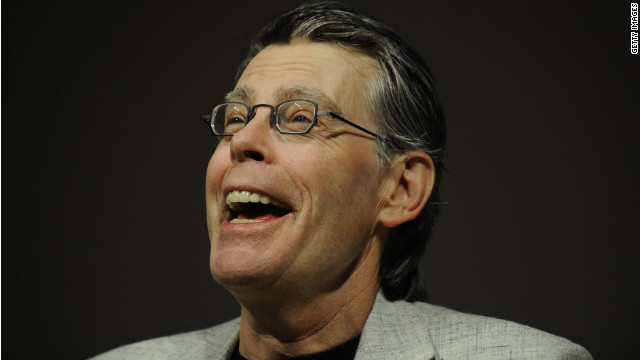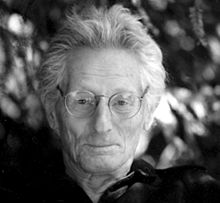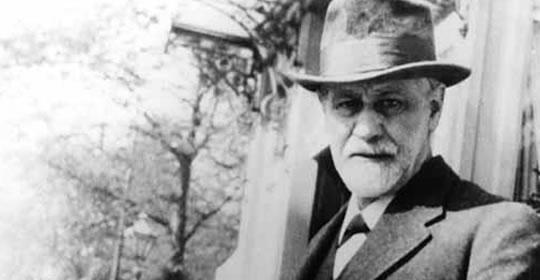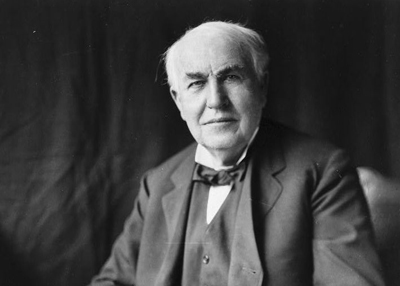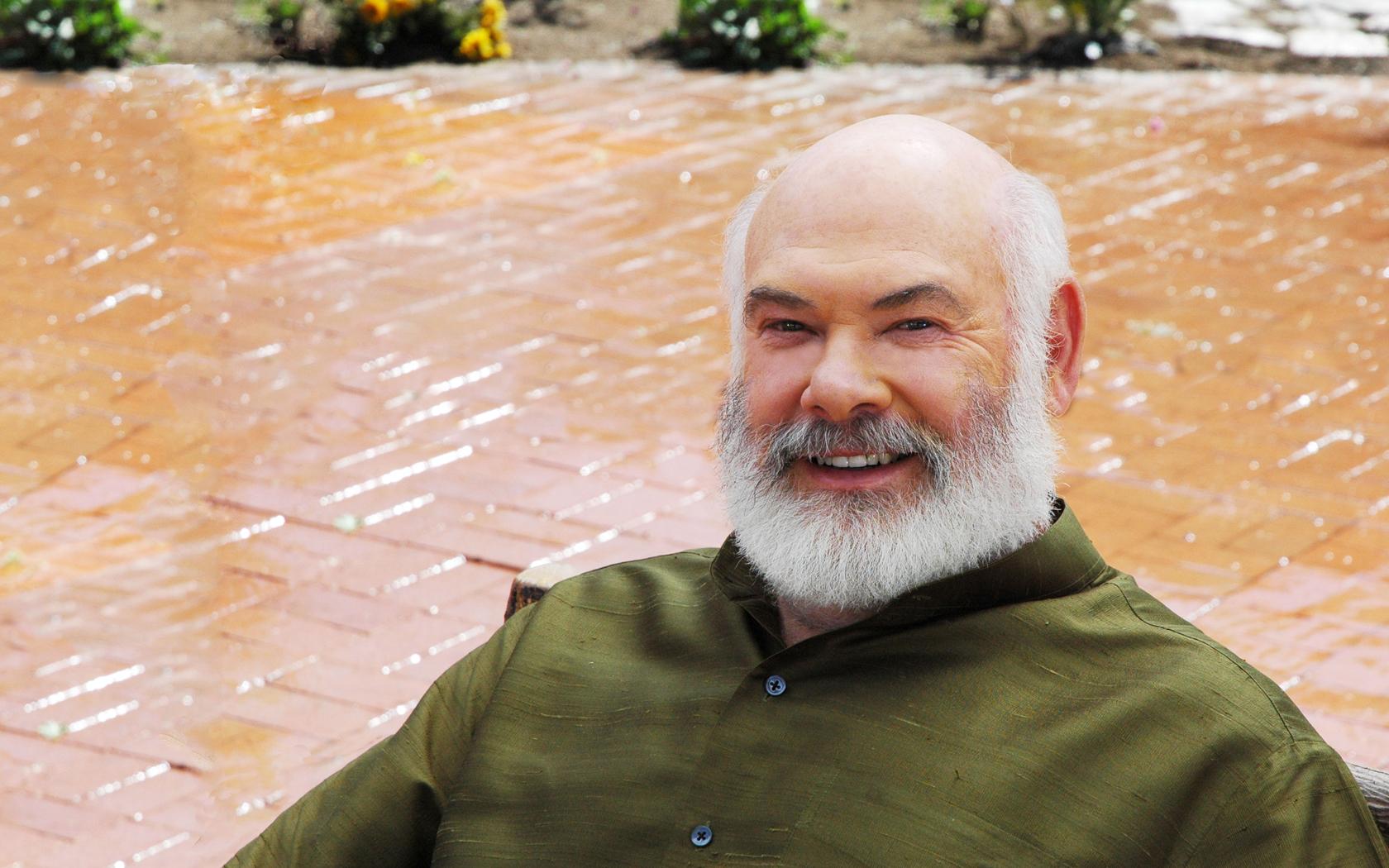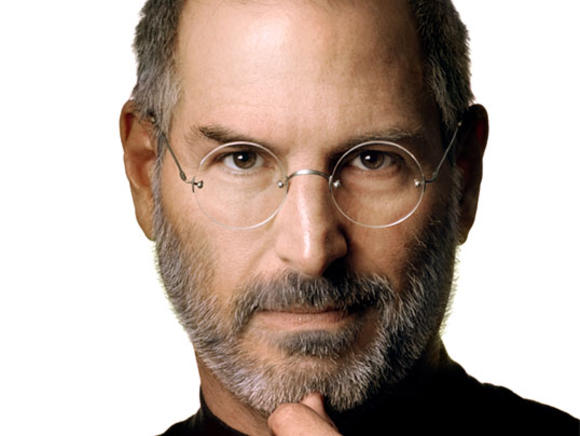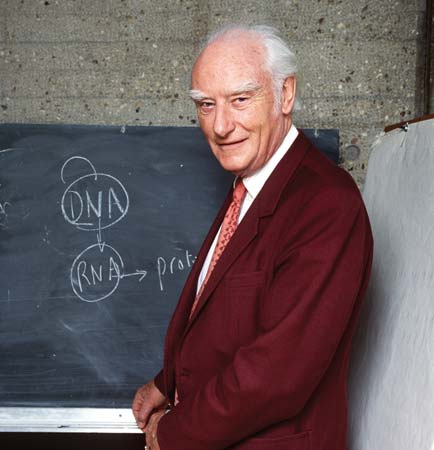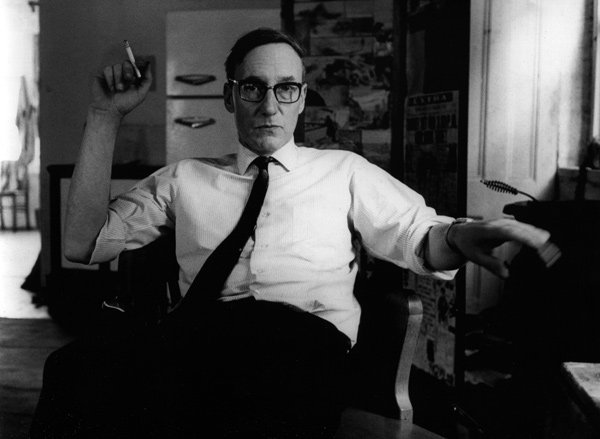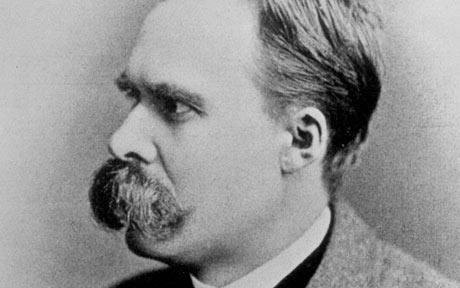Stephen King
With certain writers it can be a little obvious, I’m sure right now you’re saying, “really?”, but if we take a look at the numbers its not all that surprising. King has published 50 novels and almost 200 short stories which includes novellas, poetry, and screenplays. The publishing of his works started when he was 12 years old with a short story entitled, “Land of 1,000,000 Years Ago”. If we do the math that means completing the publication process for about 5 pieces every year; it doesn’t sound like a lot but publishing is far from a fast process. This kind of productivity can only be explained by one thing and one thing only, cocaine! King was so coked out that he acknowledged in On Writing in 2000, that he can barely recall writing Cujo. But of course to counteract his extreme cocaine usage, King dabbled in some downers as well like Xanax and Valium.
John C. Lily
Lily was a pioneer in the field of interspecies communication between dolphins and humans and contributed heavily to the notion that they possess a nonhuman intelligence. He created an isolation tank to test the hypothesis that if all stimuli are cut off from the brain, then the brain would go to sleep. Through experiments in the isolation tank, Lily delved into the realm of the human consciousness and all that can be achieved through a deep meditative state. In order to dive deeper into his consciousness Lily used the help of everybody’s favorite hallucinogen, LSD, relatively frequently during his experiments in the isolation tank and during his work with dolphins. But he claims to only have dropped acid (and the occasional ketamine dose) during his experiments that took place before the illegalization of those drugs; sure John, we believe you.
Sigmund Freud
The father of psychoanalysis and tons of other psychological concepts that are commonplace in our society, would have been a different man if it weren’t for a heavy coke habit. Freud regularly self-medicated, taking small doses of blow to manage his indigestion and depression. Freud even wrote essentially an ode to cocaine in his essay “Über Coca”, where he hoped that through this essay’s explanations, he would help the drug win a place in therapeutics with the likes of morphine and other widely used drugs at the time.
Thomas Edison
Similar to Stephen King, at first the notion seems a bit ridiculous but once again when you look at the numbers and what he was able to create, it makes sense. Thomas Edison holds an absurd amount of patents, 1,093 in total. He is famous for inventions such as the light bulb, phonograph, the transmitter for the telephone speaker, and parts of motion-picture apparatuses. It’s almost absurd that no one suspected Edison of using productivity-increasing substances; but unlike King, Edison wasn’t into the nose candy variety of cocaine. Edison downed “Vin Mariani” more than regularly, a Bordeaux wine treated with coca leaves.
Andrew Weil
A leader in the world of holistic health and the founder of the concept of integrative medicine, Dr. Weil has an open mind about more than just medicine. Weil is famous for stirring up America’s concept of substance abuse with the publication of his book in 1972, The Natural Mind, stating in an interview with Newservice entitled “No Bad Drugs: An Interview with Andrew Weil” that: “I really have been interested in drugs as tools for changing consciousness and giving windows on possible states of consciousness”. Dr. Weil has traveled the globe to places like Mexico, Colombia and the Amazon, in order to experience mind-altering substances in a light outside of its use in counterculture and experiments in the US. It’s not surprising that a guy who is into unconventional medicine is also an advocate for experiencing the world unconventionally.
Steve Jobs
Steve Jobs is quoted in several places as having said that LSD was one of the two, or three most important things he has ever done in his life. In his biography, Jobs attributes his innovations with Apple to LSD. The broad integration of lots of unique little features: think about all the sounds, features, and tricks of Apple products, all seem like the product of a creative genius mind. Jobs attributes his eclectic consciousness to LSD as well, and states in his biography that he thinks that it could have been useful if his longtime rival had experimented with the drug more: “he’d be a broader guy,” Jobs says about Gates, “if he had dropped acid once or gone off to an ashram when he was younger.”
Francis Crick
Francis Crick, was an English molecular biologist, biophysicist and neuroscientist. He was a part of the team of scientists who are credited with discovering the double-helix form of DNA. Crick later told a fellow scientist that he often used small doses of LSD, an experimental drug at the time used in psychotherapy, to boost his powers of thought. As stated in his biography, Crick was a founding member of SOMA , a legalize-cannabis group named after the drug in Huxley’s novel Brave New World. He even wrote a letter to The Times in 1967 calling for a reform in the drugs laws in America. Pretty badass for a Nobel Prize winner.
Kary Mullis
Kary Mullis is the father of the DNA cutting and amplifying process known as PCR (polymerase chain reaction), a process that has contributed to the wealth of genetic knowledge society has today. Most experiments that require looking at DNA today require PCR, and it’s one of the first things you learn to do when you begin to work in a wet lab, if that gives you a better idea of how crucial the origination and implementation of this process is. In a September 1994 issue of California Monthly, Mullis is quoted as saying that he “took plenty of LSD” in the sixties and seventies, even saying that his “mind-opening” experimentation with psychedelics was “much more important than any courses [he] ever took.” In an interview for BBC’s Psychedelic Science documentary, Mullis pondered his scientific achievements: “What if I had not taken LSD ever; would I have still invented PCR?” To which he replied, “I don’t know. I doubt it. I seriously doubt it.” Just let that sink in for a second.
William S. Burroughs
Is it surprising that the author of a book entitled “Junkie” was in fact a junkie? No, it’s not. But Burroughs is one of the central literary figures from the Beat Generation in the 1950s and has been addicted since he first began to write. Starting with his addiction to morphine in 1945, this lead to him selling heroin in Greenwich Village to have enough cash for his habit. His addiction is really what made him successful if we’re going to be honest, his first novel “Junkie” is a confessional novel based around his life as an addict and dealer and that book is what he was first acclaimed for as a writer.
Friedrich Nietzsche
Nietzsche, like Freud, used drugs to self-medicate. He was suffering from numerous physical ailments: severe nearsightedness and sensitivity to light from his youth, constipation, as well as bouts with dysentery, diarrhea, and vomiting. He reported feelings of general paralysis, conditions resembling seasickness, and complete blackouts. So he battled these issues with regular usage of a diverse array of drugs: hashish, opium, potassium bromide (a sedative and anticonvulsant), chloral hydrate (for the treatment of insomnia). Nietzsche’s drug use almost seems justifiable, since he was suffering so greatly and yet he was still able to accomplish so much.
by Mai Bar
Written with love by the editorial team at Fueled, an award winning Android application design agency in London.

